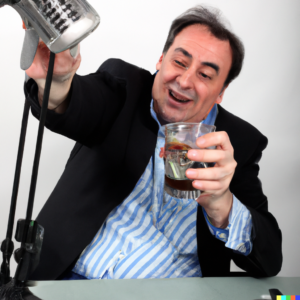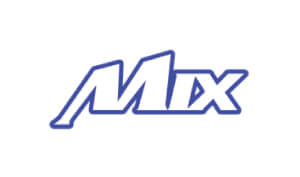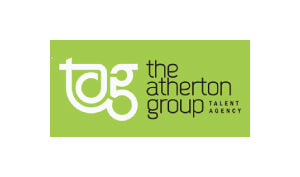Let me start by saying that I listen to the radio everywhere I go and that not all radio announcers suck at voiceover; Just most. It’s one of those secrets that as professional voiceover talents we all keep when we are in the presence of our radio personality friends. Radio people suck at voiceover and make the station sound bad. When they say things like, “I do voiceover” or “I do a lot of commercials,” as a full time voiceover talent, you just smile all the while thinking to yourself “Yeeeah sure!”
They are so proud of themselves that they do this and get paid for it. It’s like nothing to them. While we talents who don’t work at stations have to source every client and prove that we are good through our auditions and $1500 or more demos, in-station talents have the benefit of having clients of the radio station. For the station that has local advertisers who they produce their commercials for, the easy solution is to require its talent to voice these commercials. The problem? It’s not quality voiceover and it makes the station sound bad.
High Quality Commercials Help The Radio Station
Commercials are the backbone of the radio station. In Atlanta, commercial breaks seem to run seven minutes twice and hour on urban radio. (Atlanta has a lot of urban stations) These commercials pay the bills. They are a mix between national commercials and local commercials. The national commercials sound big, important, and well-polished. It make the station seem professional. They may be boring at times but they convey the message of the advertiser very well. They are believable though sometimes feel impersonal.
The local commercials are a hodgepodge of things. They are a stew of announcements, some well-polished ads, some poorly produced by professionals locally, Friday night party commercials, station promos, and everything else. The quality varies greatly. The volumes at which they are mixed and produced vary. The talent that voices them vary. There is often no standard. This is the money earner that pays everyone’s salary at the station and yet, often there are no controls placed on by whom and how these commercials are made. If the audience tunes out because of low quality during these breaks, everyone suffers.
Radio Announcers Can Improve Their Voiceover & The Sound of The Station
In small and medium markets, the standards are even lower. The talent usually doesn’t exist for voicing and producing local commercials. Having spoken to several radio personalities, some have expressed that voicing commercials is simply an unwelcome part of their duties. The production director often needs a variety of voices and so anyone in-house will have to do. It saves money, not only in these stations but even in the larger markets.
Additionally, local advertisers often want local on-air talent to seem as if they are endorsing the product which can have a huge influence on consumers. Unlike national ads, these can feel more personal. To me, that means great potential. Local talent can make a product or service feel like it’s within reached. And there exist on-air talent who voice things locally and make the commercials feel authentic. The best thing that I observe about these talents and the commercials that they voice is that they seem to just speak to the listeners in a realistic way in how they do their shows. If the listeners connect with them on their show, this translates into the commercials that they do. But it usually doesn’t.
Why Should Radio Stations Train Radio Announcers To Do Better Voiceover?
The unintended consequence is that the station sounds bad overall. The objective for the station is to not get people tuning to another station during the commercial break. It’s already difficult to achieve that in a market where there are multiple stations with the same format. With amatuer-sounding voiceovers and commercials, listeners are bound to flip-flop between stations to whoever is playing music.
But the station with polished engaged commercials is more likely for its listeners to keep their station on. The evidence of this is anecdotal. I myself am a listener and have observed friends in their own cars who turned the channel when bad commercials came on.
The other consequence is of course, that it diminishes the value of voiceover itself. It helps promote the idea that anyone who has a voice or has done voiceover work is a voiceover professional. It lowers the bar to where listeners become accustomed to bad voiceover. And that’s bad for everyone who cares about quality. It also hurts the pockets of everyone who makes a living from voiceover.
While I believe the problem to be serious, I also believe there is a solution. Training and standards. Better standards should be adopted for what commercials are allowed on the station. Additionally, stations should begin training their radio announcers to voice commercials better. Outsourcing commercials for things like nightclub ads, to people like me who produce and voice a lot of local commercials, is also a solution (Plug). But when that, maybe for financial reasons is not an option, training, training, and more training is the solution.
In many big companies, the employees receive training before they take on job roles. The same should be done for on air talent who voice commercials. This will give On-Air Talent the skills they need to compete in a voiceover world where they can audition and win jobs. Only then will voiceover pros stop rolling their eyes when On-Air Talent say they do voiceover.



